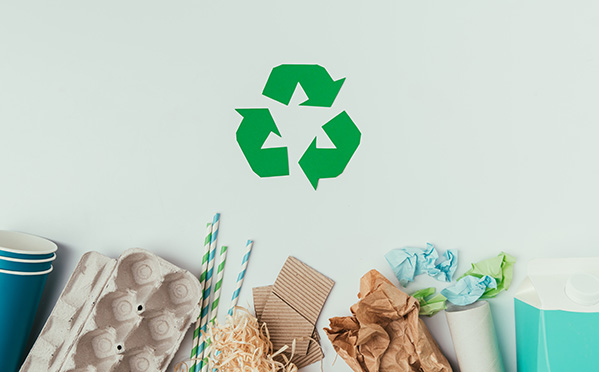 GOLDEN PAPER
GOLDEN PAPER
 GOLDEN PAPER
GOLDEN PAPER
In the European Union, among a steady stream of directives intended to either boost recycling or to prevent “waste” from crossing borders, packaging often is a focus, and plastic is just as often the most frequently mentioned target.
When it comes to government regulation of packaging recycling, paperboard manufacturers and users typically raise objections that legislation designed to boost plastic recycling rates, unless crafted carefully, can do more harm than good in the paper recycling sector.
According to trade associations representing European paper recyclers, the inclusion of paper materials in policies designed to address difficult-to-recycle materials has occurred in extended producer responsibility (EPR) proposals, a packaging directive and an export shipment restriction policy.
Paper and recycling industry trade groups, in general, say their sectors have an existing track record of responsibility and paperboard is an unneeded target of many of these proposals.
In a November 2022 position paper on EPR systems—as defined by the EU Waste Framework Directive (WFD)—the Brussels-based European Recycling Industries Confederation (EuRIC) writes in part, “EPR schemes aim at obligating producers to design products by taking into consideration their entire life cycle and the financial responsibility for the subsequent management of [scrap] as outlined in article 8 and 8a of the WFD.”
EuRIC says the premise of an EPR system, however, includes an incorrect assumption that all discarded materials have a negative value, and thus the costs of collection and proper treatment cannot be covered by income resulting from the sale of raw materials recovered during the sorting and material recovery processes.
That assumption, of course, would come as a great surprise to paper and cardboard recyclers that have operated profitability for decades. Or, as bluntly stated by EuRIC, “This assumption is wrong.”
EuRIC adds that some discarded materials have long been considered a resource without the need to be redefined as such and notes that they have a positive value and, therefore, do not require setting up an EPR scheme to ensure proper collection and treatment.
The Confederation of European Paper Industries (CEPI), a Brussels-based organization that represents producers of paper and paperboard products, refers to existing recycling loops when it says, “The European paper industry is building on decades of work done to make its industrial model sustainable and circular, making it one of the most sustainable industries in Europe.”
CEPI says in Europe, paper was recycled at a 71.4 percent rate in 2021, with paper-based packaging checking in at an even higher rate of 82 percent. By volume, more paper-based packaging is recycled than all other packaging materials combined, according to CEPI.
Moves by some national governments and allied nongovernmental organizations to oppose the flow of recycled materials from wealthier nations to those with developing economies has provided another unwelcome barrier for paper recyclers in Europe.
